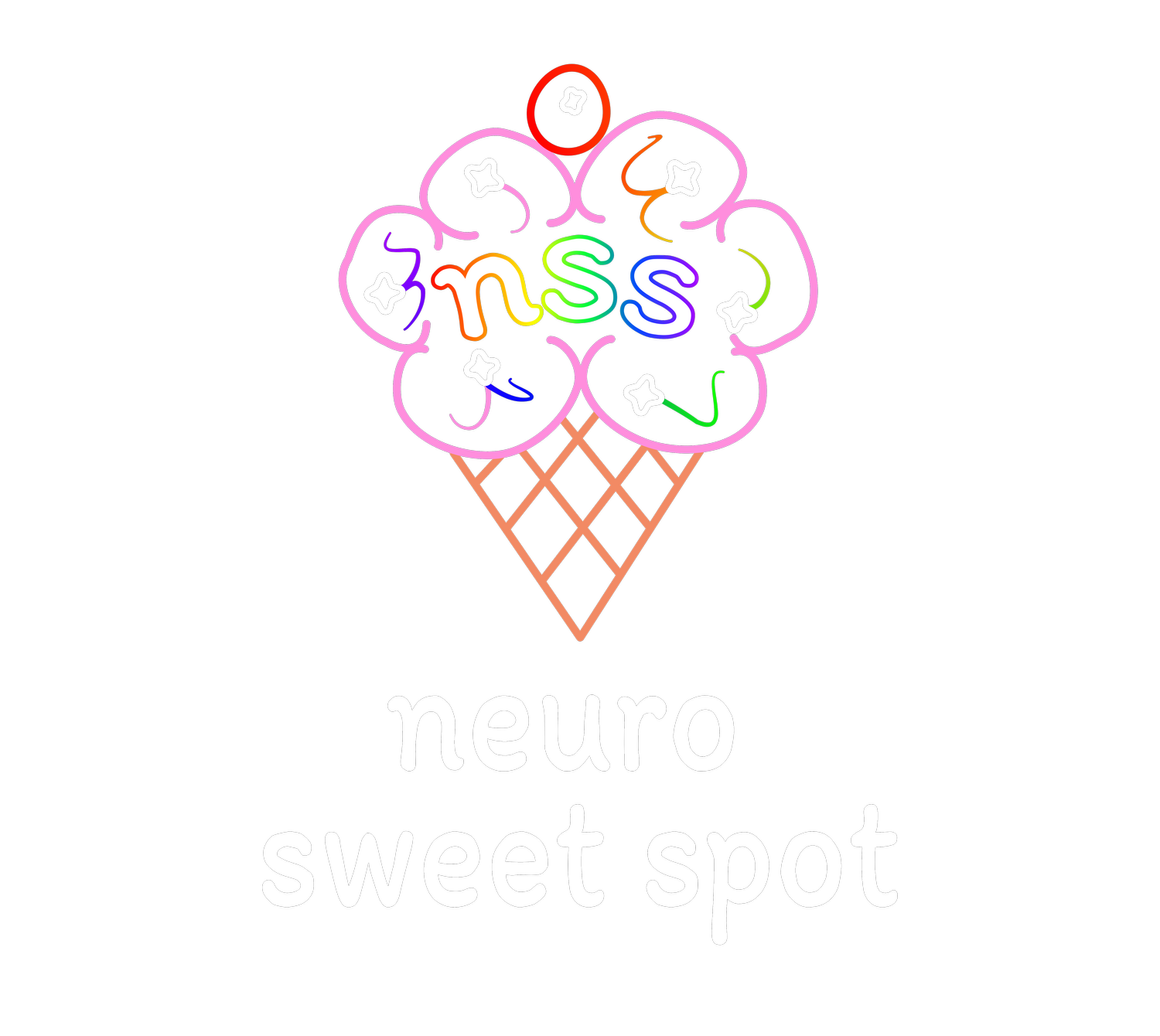
Education and Tools for Parents Learning about Neurodivergence For Their Kids
The Brain Science Behind Empathy and Validation:
Helping Your Child Feel Safe and Understood
Empathy and validation aren’t just about being a “good” parent—they create real, measurable chemical changes in your child’s brain.
When you name and validate your child’s emotions accurately, their brain releases chemicals that reduce stress, foster connection, and promote emotional regulation. Here’s how it works and why it’s so important in parenting.
1. The Neuroscience of Emotional Validation for Kids
Naming Emotions Helps Kids Regulate Stress
🧠 When kids struggle with emotions, their brain’s amygdala (the fear and threat center) is highly active. This can lead to meltdowns, anxiety, or withdrawal.
🔹 The simple act of putting feelings into words—called affect labeling—reduces amygdala activity.
🔹 This calms the body’s stress response, lowering cortisol (the stress hormone) and increasing a sense of safety.
🔹 Brain scans show that when kids verbalize their emotions, their brain shifts activity to the prefrontal cortex, the area responsible for rational thinking and emotional control.
Empathy Triggers Oxytocin, the “Bonding Hormone”
🤗 When kids feel truly heard and understood, their brain releases oxytocin—the hormone responsible for trust, connection, and security.
🔹 Oxytocin enhances feelings of closeness and reduces loneliness.
🔹 This is why when your child cries and you respond with comfort, they physically relax in your arms—their brain chemistry shifts toward safety.
Dopamine and Serotonin: The Brain’s Natural Rewards for Feeling Heard
✨ When kids feel validated, their brain releases dopamine, which makes them feel valued and understood.
🔹 Serotonin, a mood-stabilizing chemical, also increases, reducing anxiety and improving emotional stability.
🔹 This is why a simple “I see that you’re really frustrated right now” can lead to an immediate sense of relief—their brain is experiencing a physiological release of pent-up tension.
2. Why Kids Need Emotional Recognition
The Mirror Neuron System: How Kids Learn Emotional Responses
🧠 The brain contains mirror neurons, which fire when we see others’ emotions.
🔹 When a child sees a caregiver respond with calm validation, they learn how to regulate emotions themselves.
🔹 If a parent dismisses their emotions, their brain learns to suppress them instead.
The Evolutionary Need for Emotional Safety
👶🏽 Human survival has always depended on strong social bonds.
🔹 Kids’ nervous systems are wired to seek safety in connection.
🔹 If their emotions are validated, they feel secure and confident.
🔹 If their emotions are dismissed, their nervous system interprets it as a threat, leading to stress, withdrawal, or acting out.
🚨 This is why kids have big reactions when they feel unheard—it’s a biological survival response, not just “bad behavior.”
3. How Naming an Emotion Helps Your Child Cope
Turning Emotional Chaos Into Clarity
🌪️ Before an emotion is named, it exists as a raw, overwhelming experience.
🔹 The moment we put words to it, the brain shifts from panic mode to problem-solving mode.
🔹 This reduces emotional intensity and helps kids self-regulate.
Validation as Co-Regulation: The Parent’s Role
🤝 Children rely on their caregivers to help them manage emotions—this is called co-regulation.
🔹 When a parent names and validates a feeling, it helps the child learn to do it for themselves over time.
🔹 Example: Instead of “You’re fine, stop crying,” try:
“I see you’re really frustrated. That makes sense, this is hard.”
➡️ This teaches them that emotions are normal and don’t need to be suppressed.
4. What Happens When Kids Are Dismissed?
Invalidation Increases Stress and Emotional Suppression
🚨 If a child’s feelings are ignored or minimized, their amygdala stays in high alert.
🔹 This keeps their body in a prolonged stress response, leading to tantrums, shutdowns, or anxiety over time.
🔹 High cortisol (stress hormone) can cause fatigue, mood swings, and difficulty concentrating.
Shame and Social Withdrawal
💔 Emotional dismissal activates pain-related brain regions, similar to physical pain.
🔹 This can cause shame, self-doubt, and reluctance to express emotions in the future.
🔹 Over time, kids who feel invalidated may:
❌ Struggle with emotional expression and regulation
❌ Avoid seeking help when upset
❌ Develop anxiety, perfectionism, or people-pleasing tendencies
🚨 Repeated invalidation doesn’t just create short-term distress—it shapes how a child relates to emotions for life.
5. How to Validate Your Child Effectively: Simple Strategies
✅ 1. Name the Emotion
💬 Example: “It sounds like you’re feeling really overwhelmed right now.”
🔹 This simple act shifts brain activity, helping your child feel understood and less alone.
✅ 2. Acknowledge Their Experience Without Trying to Fix It
❌ Instead of “It’s not a big deal, you’ll be fine.”
✅ Try “That sounds really frustrating. I can see why that would upset you.”
🔹 This allows their nervous system to relax and process emotions naturally.
✅ 3. Use Nonverbal Cues to Reinforce Safety
👀 Gentle eye contact, nodding, and an open posture signal safety to your child’s brain.
🔹 A warm tone of voice can release oxytocin, deepening connection.
✅ 4. Let Them Have Their Feelings Without Rushing Them
💬 Example: “It’s okay to feel that way. You don’t have to push it away.”
🔹 This encourages healthy emotional processing rather than suppression.
Final Thoughts: Why This Matters for Your Child’s Emotional & Physical Well-Being
✅ Emotional validation isn’t just about kindness—it’s a biologically necessary tool for mental and emotional health.
✅ When kids feel seen and understood, their brain chemistry shifts, reducing stress and increasing connection.
✅ Small acts of validation build lifelong emotional regulation skills, making kids more resilient and self-aware.
By using these strategies, you’re not just helping your child feel better in the moment—you’re literally shaping their brain to handle emotions in a healthier way for life. 💙🌈

